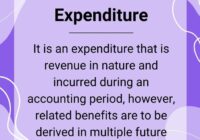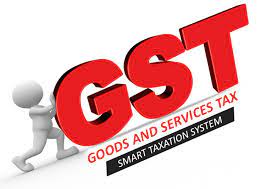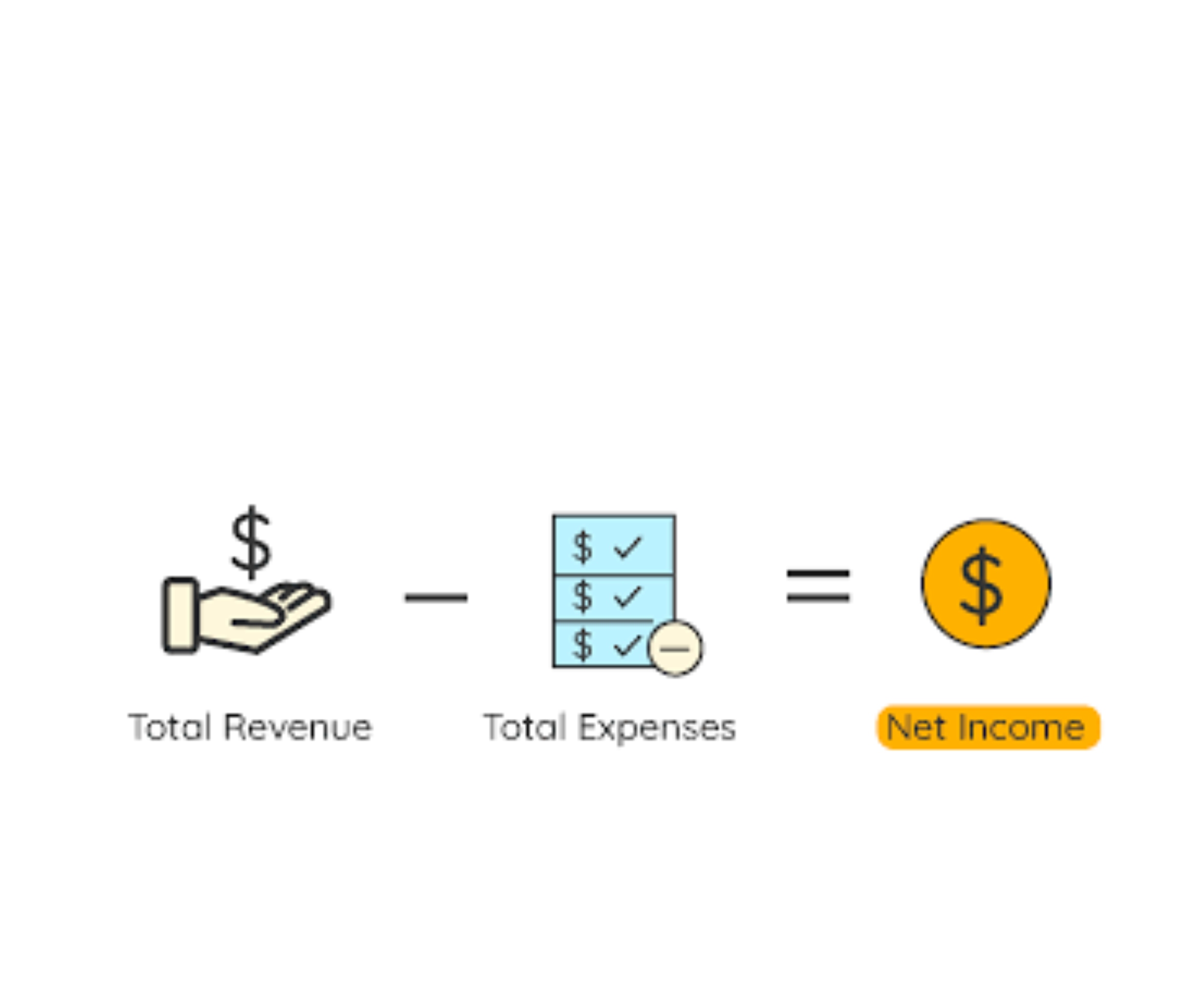What is a long-term equity investor?
Long-term equity Investor Investing in the stock market can take many forms, but one of the most well-established strategies is that of the long-term equity investor. These investors focus on purchasing stocks with the intention of holding them for an extended period, often years or even decades. This approach contrasts with short-term trading strategies that… Read More »









